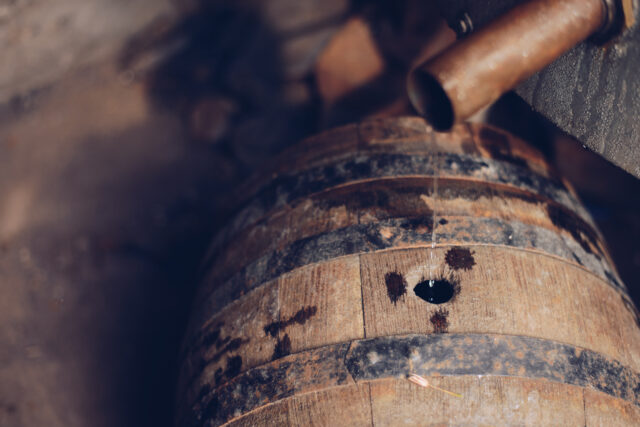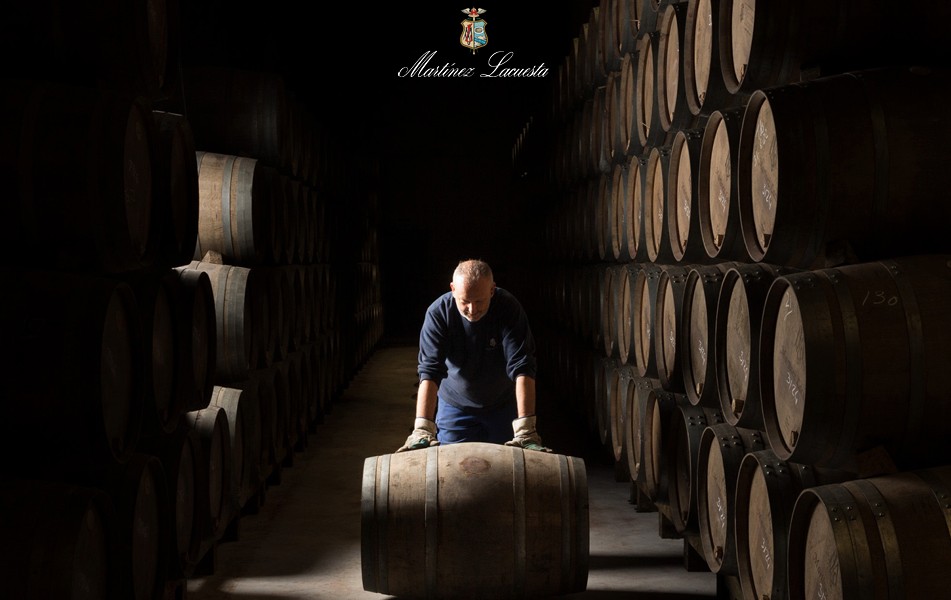Archaeologists find Prohibition-era still linked to Al Capone
Archaeologists in South Carolina have found remains of a still which they believe belonged to an associate of gangster Al Capone and was used to run moonshine out of the state.

As reported by The Post and Courier, archaeologists have found the remains of an illicit spirits still in the Francis Marion National Forest near Charleston dating from the mid-1920s.
Researchers believe the production site belonged to Benjamin Villeponteaux – who is thought to have worked for infamous American gangster Al Capone – and were used to produce moonshine during Prohibition in the US.
Katherine Parker, a PhD student at the University of Tennessee, has been investigating the remains of illicit distilling in the area since 2018.
She told The Post and Courier: “A lot of archaeologists tend to write these off because they think they’re, you know, too recent to really bother about, or there’s too much documentary evidence that we don’t need to do archaeology.”
Parker and her team found breeze blocks, a metal barrel, a green garden hose and other metal scraps at the site, as well as a 12-foot well for sourcing water.
Partner Content
Having dated the materials to the mid-1920s, the team believe the still was used by Villeponteaux and other rival distillers who later sought to usurp his authority.
Parker, who has found several other sites within the forest, is hoping to build up a picture of illicit distilling in the area and attempt to document a part of the region’s history that, for obvious reasons, was not written down.
Read more:




